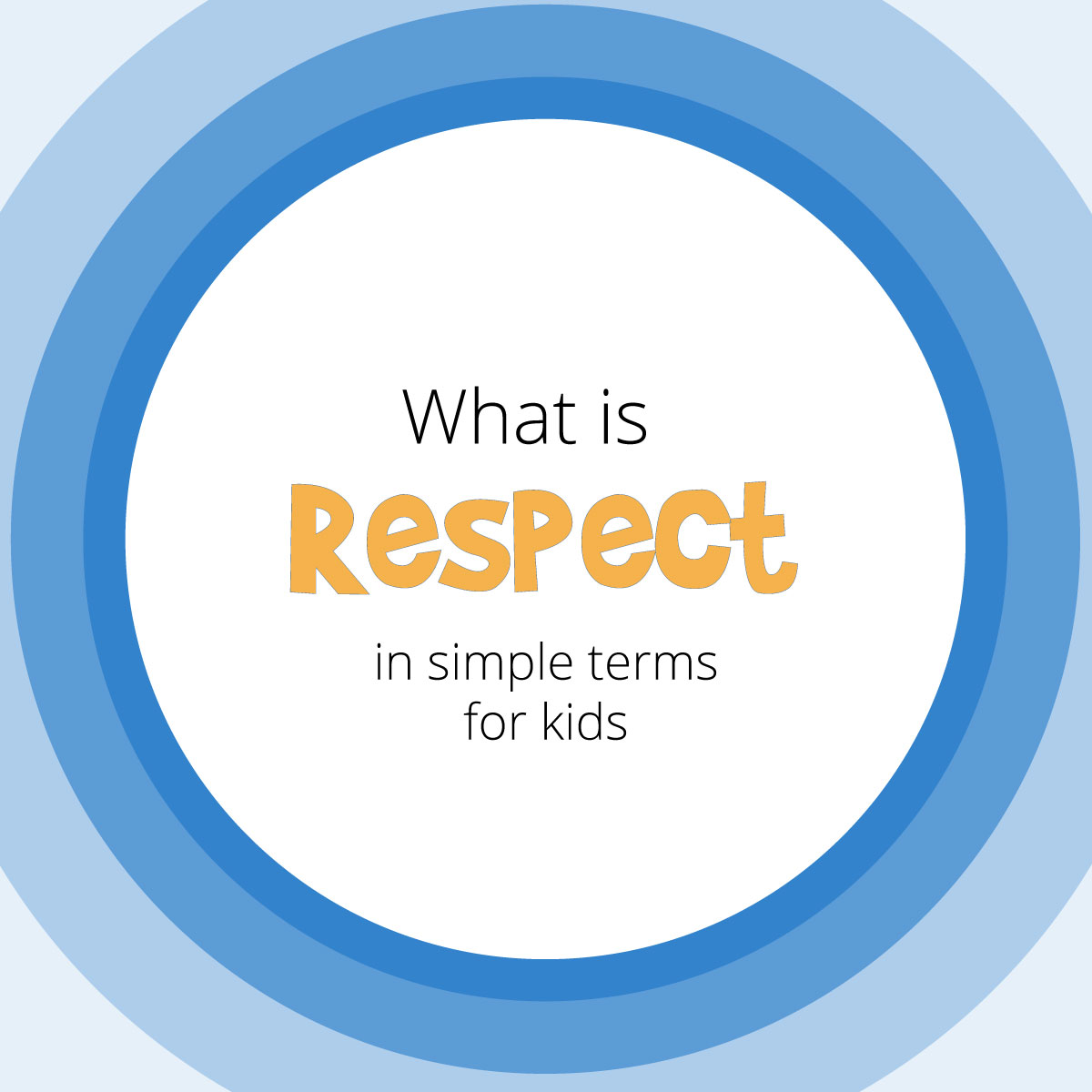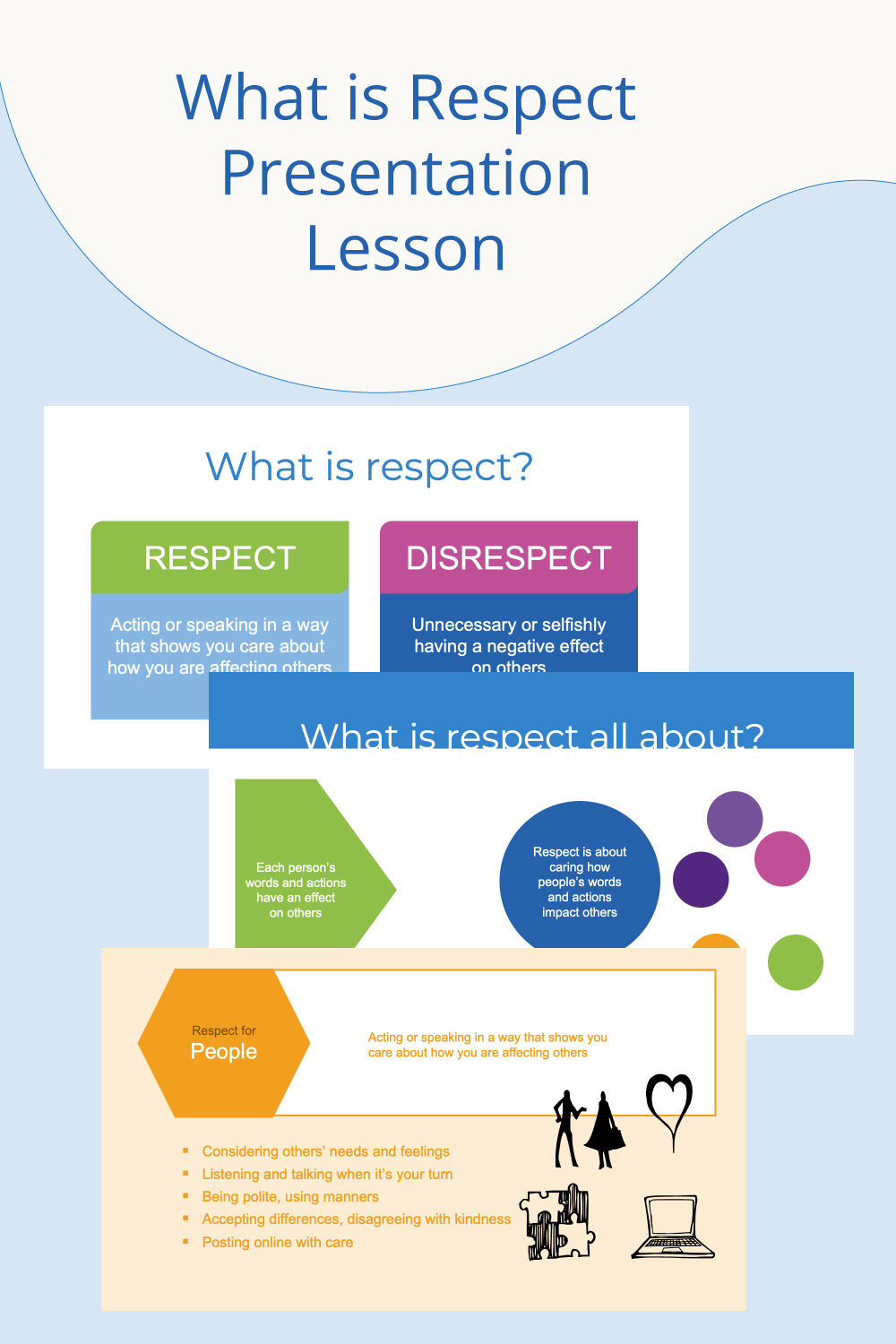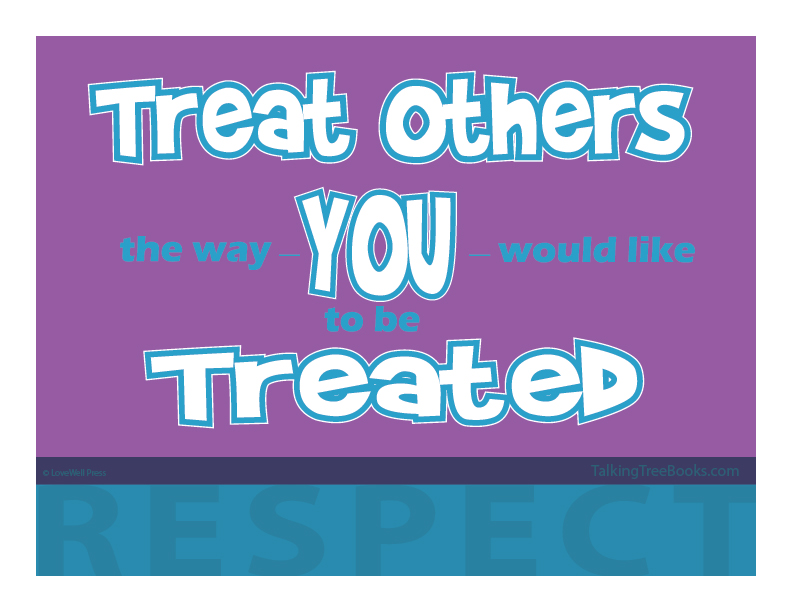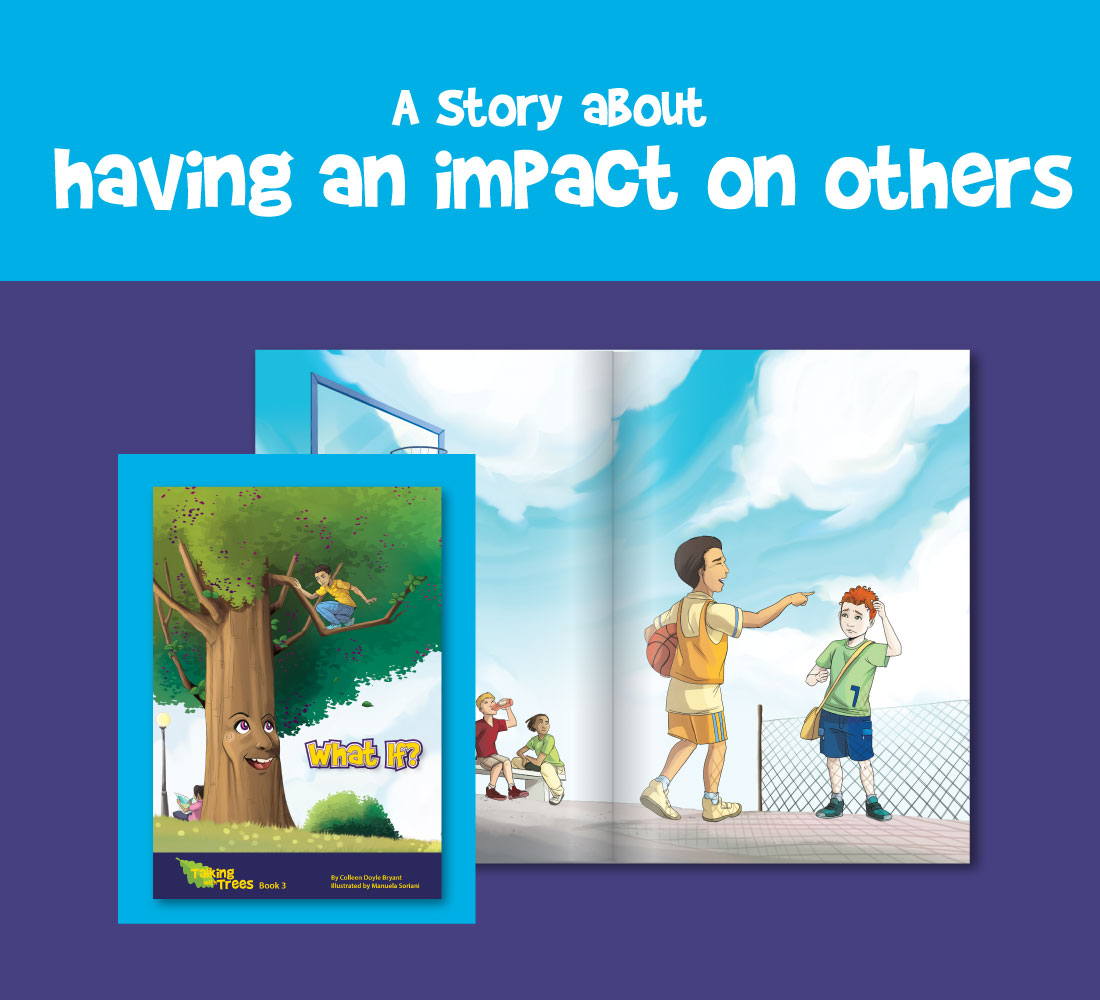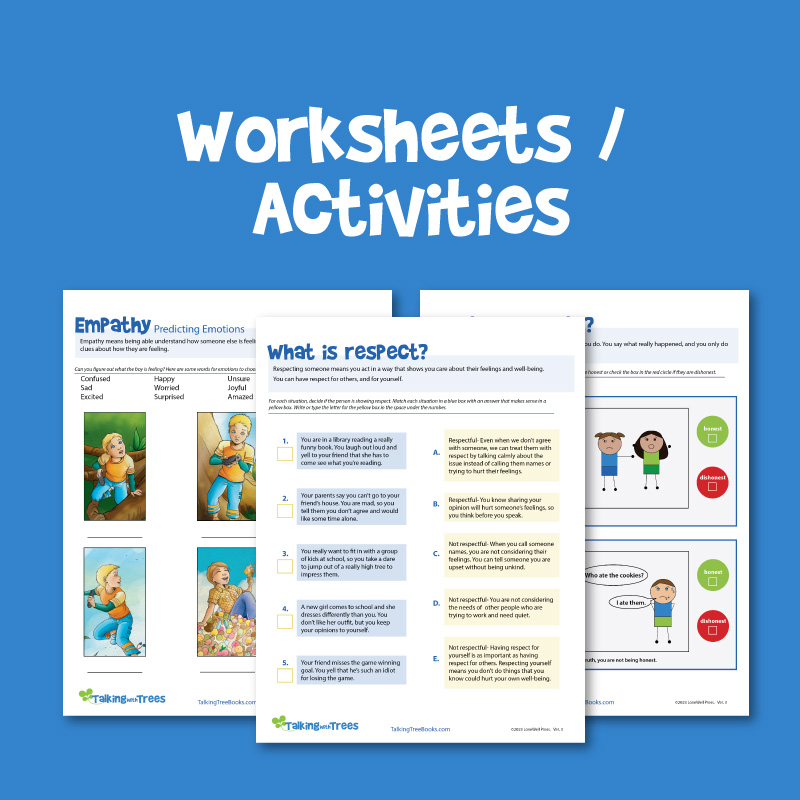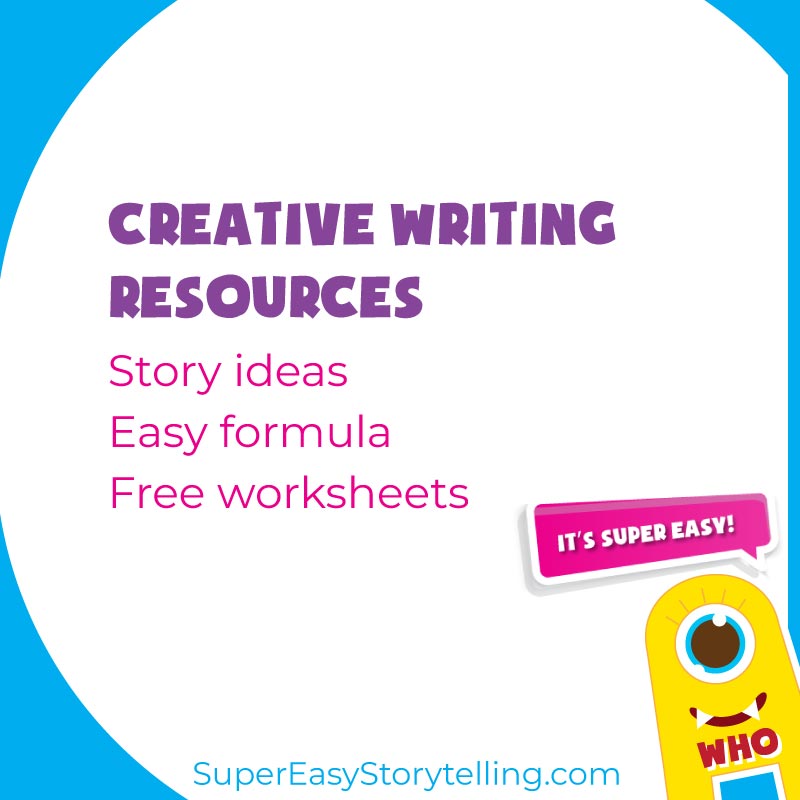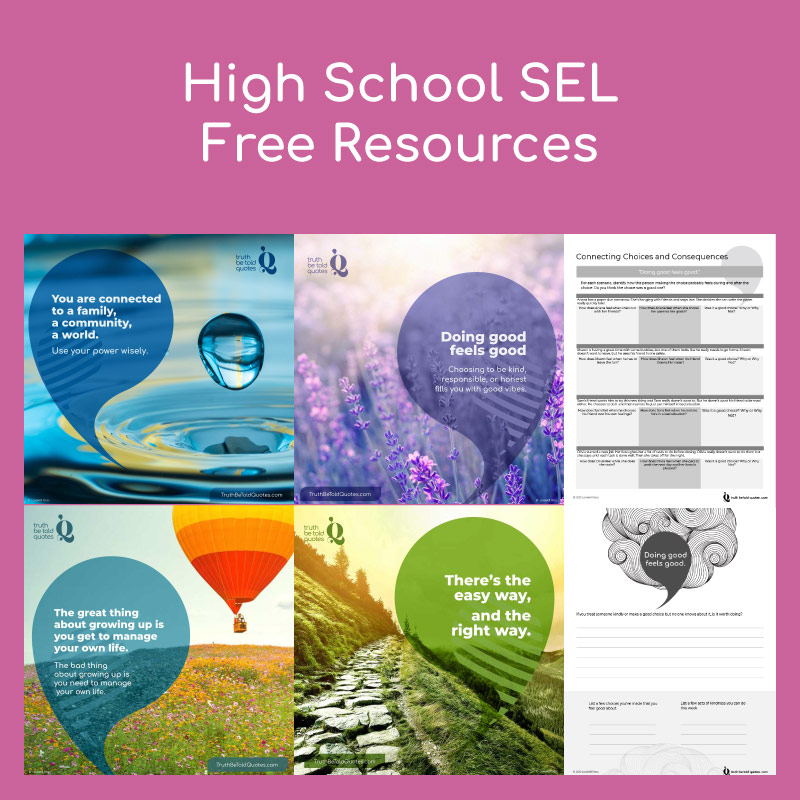What is Respect?
A definition of respect in simple words for children
Respect means you care enough to think about how you impact others.
"What is respect" is a big concept to grasp. You might hear about having respect or showing respect. At the heart of respect is caring. In simple words, respect is caring how words and actions may impact others. Respect has two parts: 1) having respect for someone because of how their actions impact others and 2) showing respect by changing your actions to be sure you don't have a negative impact.
(For a definition of respect in more complete terms for adults, see What is Respect, written by the same author.)
Respect is caring enough to consider how words and actions impact others.
- Having respect is when you feel good about someone because of how they act.
- Showing respect is when you care how your actions impact others.
For more about respect, scroll down:
- What is having respect?
- What is showing respect?
- Examples of respect
- Why is respect important?
What is having respect?
Having respect means you feel positively toward a person because of how they affect others. For example, you may have respect for
- a person that treats other people kindly
- someone who worked hard to achieve something
- someone who overcame a challenge
You can have respect for others, and you can have respect for yourself. Self-respect means you feel good about who you are, the types of choices you make, and the impact you have on others.
What is showing respect?
Being respectful means you act in a way that shows care for how your actions may impact others. We can show respect for people, places, and things. For example:
- Using kind or polite words even when you're upset
- Using manners like sharing, waiting your turn, saying please and thank you
- Accepting difference or at least disagreeing with kind words
- Being careful not to damage places or things
- Using a quiet voice or calm behavior in public places
- Sharing resources, only taking what you really need
Examples of what respect is
- You admire (respect) a historical figure who stood up for what she believed in, even when it was hard.
- You are quiet in a library to show that you care about (respect) others' need to read without interruption.
- You follow your parents' rules to show them you care (respect) how they feel about the situation.
- You don't call people names because you care about (respect) their feelings.
- You don't damage public places because you care about (respect) preserving the quality of the place and other people's right to enjoy it.
- You don't hit or otherwise hurt people because you care about (respect) their well-being.
- You use other people's toys with care (respect) so you don't break them.
- You dress, speak, and act in a way that shows you care about what you know is right and safe, because you care about (respect) yourself and your well-being.
- You don't interfere with other people's right to look, think, or act differently than you because you care about (respect) their feelings and well-being.
Why respect is important
To understand why respect is important, think about what life would be like if we don't treat each other with respect. Since respect is about caring whether our words and actions have a hurtful affect on other people, in a world without respect, no one would care whether they were hurting other people. They might do things that are dangerous or mean and not care if other people were harmed.
All of us in society need to treat each other with respect if we want to feel safe and live peacefully together. Respect is important because it means we treat others the way we want to be treated. So if we don't treat others kindly, how can we expect them to be kind in return?
Colleen Doyle Bryant
Colleen Doyle Bryant is the author of five books and more than 50 learning resources about making good choices for the right reasons. Her Talking with Trees series for elementary students and Truth Be Told Quotes series for teens are used in curricula around the world. Rooted in Decency, Colleen’s most recent release, written for an adult audience, explores how the decline in common decency is affecting wellbeing, and how we can build more trust and cooperation. Learn more at ColleenDoyleBryant.com

